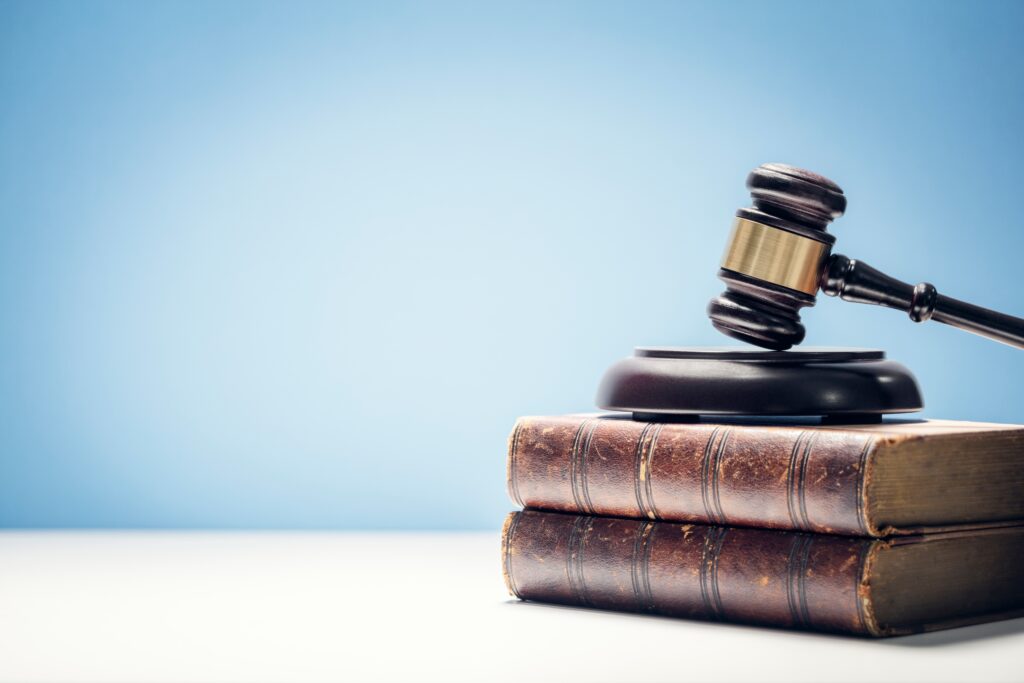

The energy industry is huge. In particular, the oil sector is one of the largest in the world, with an estimated 82 million barrels of oil produced every day. Oil is found in many areas of the world. In the middle east, it is abundant out in the desert; in Alaska, it is extracted under bitter cold temperatures and then sent via pipeline to ships in somewhat warmer areas; in the continental United States, it is found in places like West Texas and South Dakota; it is also found in abundance in the Gulf of Mexico, where oil companies erect platforms that drill and extract oil from the middle of the ocean.
In 2010, BP oil’s Deepwater Horizon had a large oil spill in the Gulf of Mexico. In the aftermath, legislatures started heightening regulation of oil companies that drill offshore, particularly in the Gulf of Mexico. The regulations were more focused on the what if, meaning what if there is another spill – how is the oil company in question held responsible and what measures is it required to take for the cleanup effort? This is known as liability legislation.
Oil Spill Liability Basics
There are three basic pillars of oil spill liability:
- Strict liability;
- Channeling liability; and
- Liability limits.
Strict liability is that the party that causes the damage is responsible to pay, even if there is no proof of negligence. To be liable, the prosecutor needs to show only that the defendant’s actions caused the damage.
Channeling liability “channels” the liability to one party. In the event of a tanker oil spill, the owner of the oil tanker will be responsible. For offshore platforms like the Deepwater Horizon, the entity holding the drilling permit will be responsible.
Liability limits are statute-imposed limits or caps on liability. Under the Oil Spill Act of 1990, or OPA 90, offshore drilling oil spills are capped at $75 worth of damage.
Other Laws Affecting Oil Spills
Note that OPA 90 is not the only law regulating oil spills. For instance, damages to bird wildlife under the Migratory Bird Treaty Act punishes offenders above the OPA 90 level. Another example is the National Marine Sanctuaries Act that provides for an uncapped amount of damages that can be levied against an environmental offender when the offender damages marine areas protected by the Act.
Government Response to Deepwater Horizon
The Deepwater Horizon fiasco highlighted the government’s flawed oversight of offshore oil drilling. The government’s response was twofold: first, President Obama issued an executive order to curtail offshore drilling; second, the Marine Mineral Services, or MMS, which was tasked with overseeing offshore oil drilling, was split into three sections to better regulate the oil drilling industry. There seemed to be too much government reliance on the expertise of the oil companies, which questioned the independence and neutrality of the MMS. With the changes, offshore oil drilling regulation was to become more independent and have better oversight.
Involved in the maritime business? Contact the Kolodny law firm, a firm with maritime know-how and experience.

